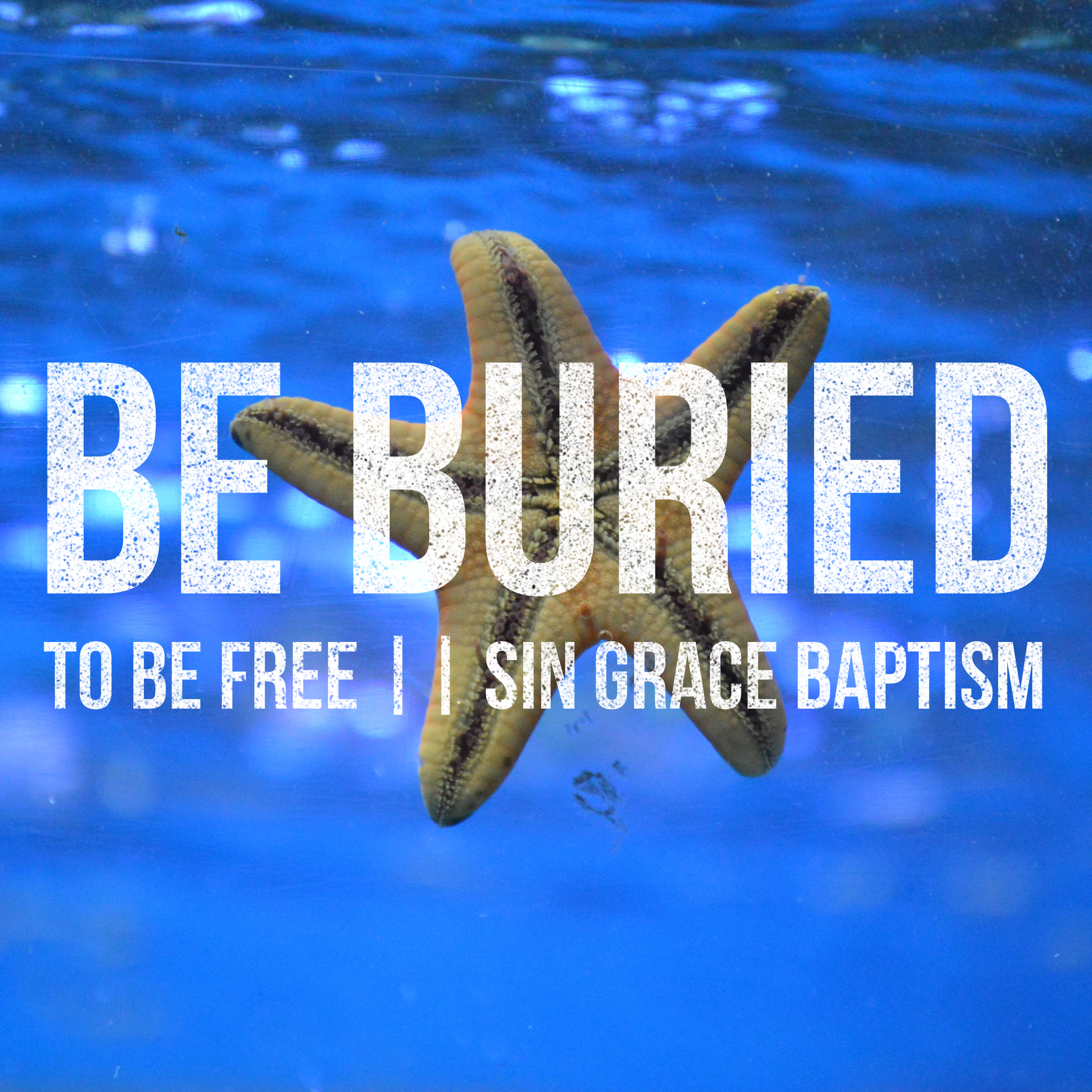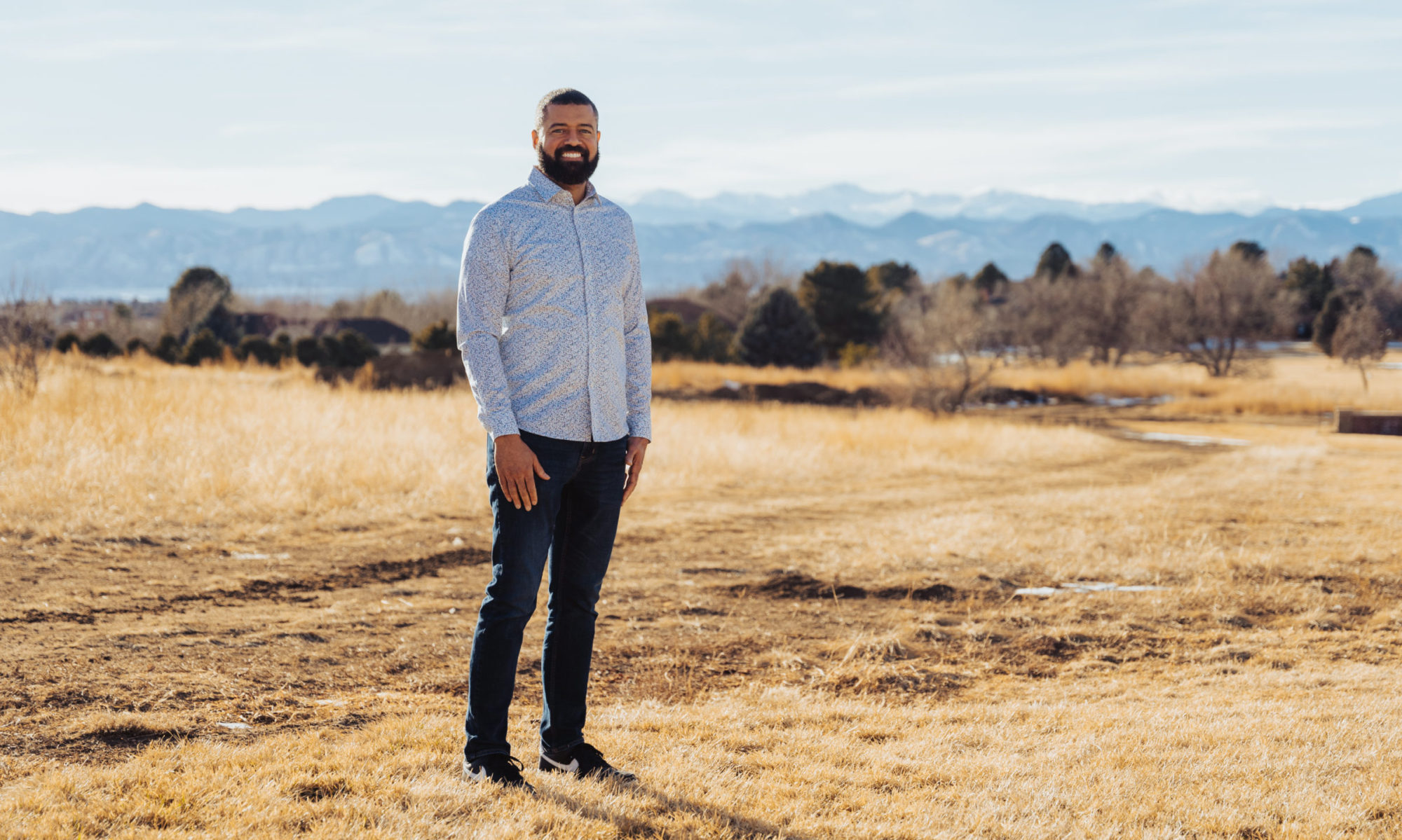 Romans 6:1-7 (NIV) What shall we say, then? Shall we go on sinning so that grace may increase? 2 By no means! We are those who have died to sin; how can we live in it any longer? 3 Or don’t you know that all of us who were baptized into Christ Jesus were baptized into his death? 4 We were therefore buried with him through baptism into death in order that, just as Christ was raised from the dead through the glory of the Father, we too may live a new life. 5 For if we have been united with him in a death like his, we will certainly also be united with him in a resurrection like his. 6 For we know that our old self was crucified with him so that the body ruled by sin might be done away with, that we should no longer be slaves to sin—7 because anyone who has died has been set free from sin.
Romans 6:1-7 (NIV) What shall we say, then? Shall we go on sinning so that grace may increase? 2 By no means! We are those who have died to sin; how can we live in it any longer? 3 Or don’t you know that all of us who were baptized into Christ Jesus were baptized into his death? 4 We were therefore buried with him through baptism into death in order that, just as Christ was raised from the dead through the glory of the Father, we too may live a new life. 5 For if we have been united with him in a death like his, we will certainly also be united with him in a resurrection like his. 6 For we know that our old self was crucified with him so that the body ruled by sin might be done away with, that we should no longer be slaves to sin—7 because anyone who has died has been set free from sin.
The Apostle Paul just finished telling the church at the end of Romans 5 that where sin increased grace increased even more!
That’s why this section begins with “Shall we go on sinning so that grace may increase?” To which Paul answers, ‘No!’
Paul connects them to their baptism as a reference of point. In your baptism, you died to sin. You don’t continue to sin because sin is dead to you. That’s not your life. You’re not about that life.
In another letter, out of humility Paul refers to himself as the chief of sinners, but sin is not his life.
Saying that you are the chief of sinners is not the same as saying, “I’ve made a mistake, I chose poorly, I’ve sinned so why should I even try not to, and besides, have you heard about grace? It is so good that God keeps forgiving, and forgiving, and forgiving so we can sin, and sin, and sin with no consequences!”
We don’t resign to sin because hey what’s the point in even trying, nor do we discount sin because what’s the point in even stopping.
For example, if you stole from your employer you could very well use the excuse or reason that you stole or embezzled money from them because, “well I’d already stolen a little before” or “I stole from you because I knew you were a good person and you would forgive me.”
We do not take advantage the goodness of people nor do we take advantage the goodness of God’s grace.
We also don’t need a new law of any law to tell us not to sin or treat people fairly. No matter what you might have been told about grace, actually…
The grace of God teaches us to say no to ungodliness (Titus 2:12).
Grace is a gift, it is unmerited favor. So how does grace teach us to say no to ungodliness?
Grace teaches us to say no to ungodliness because of what it took for there to be a gift of salvation.
It took the agony of the cross and the death of Christ.
Salvation is offered freely to those who trust in Jesus because of the work God put in for us to receive it. When we trust Jesus, and receive the grace of God we don’t receive it lightly.
When we know what it took for salvation to be offered to us, we don’t trample it, we treat it with care, as you would something precious, like a priceless treasure.
What if a priceless artifact is delivered to you by courier? Imagine that it’s a historical document or a piece of art. The courier says it belonged to your great, great, great, grandfather but it was stolen from your descendants.
And now it is being entrusted to you because this person who retrieved it loved you and died in securing this priceless treasure. They died in getting it back and here it is, given to you for free. You didn’t earn it but all you must do is sign for it. You do and now it’s yours.
What will you do with it?
I think you know what you will do with it. You will protect it. You will guard it. You will put it on display, encase it in glass, put it in a safe, or a safety deposit box. You would place it in a museum, take pictures of it, share it on social media, tell your family about it, you would tell your friends about it, you would give interviews to the media, it would go viral!
You would find out what owning this gift does for you. It changes your story, it impacts those around you because it changes your family tree and impacts all your relationships, and your blessings, not because you choose to sell it but because you choose to honor it and receive the blessings that come from owning such a treasure.
And if you ever had any doubts about its value, its importance, its beauty, and whether you should cherish it you would remember. You would remember that someone who loved you gave their life so that you could have this precious, priceless gift, this unbelievably valuable work of art.
You may see where I am going with this. Salvation is the artifact and Jesus is the one who died so that you could have it and it changes your life.
So, what will you do with this new life? You will choose not to live in sin. You will treat your salvation with care because when you were baptized you buried sin.
Sin is dead to you because Christ is alive in you.
When you are buried in baptism you are buried with Christ and you buried in grace.
When you are buried with Christ you a buried in love.
When you are buried with Christ you are buried in hope.
When you are buried with Christ you are set free from sin.
Be buried to be free.
In baptism Paul says we die to sin, we have a new life, because we have been buried with Jesus into death. We are united with Jesus in a death like his.
We have life today in Christ and, and we have a future hope of a bodily resurrection.
In baptism, we take part in a death like his, we are given a life like his, and we will receive a resurrection like his.
Be buried to be free.
How do you connect sin, grace, and baptism?
Please subscribe, share, and leave a comment below! Thanks for visiting!
Jovan preaches for the Littleton Church of Christ near Denver, Colorado. Visit here to listen to sermons preached at the Littleton Church.

I LOVE YOU MY Cousin
Love you too.